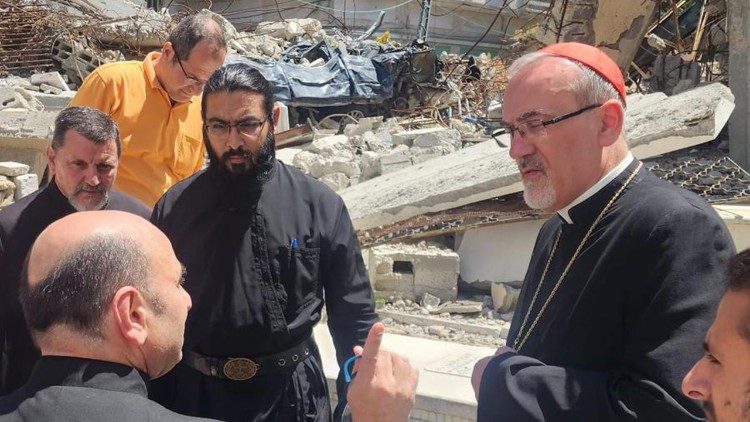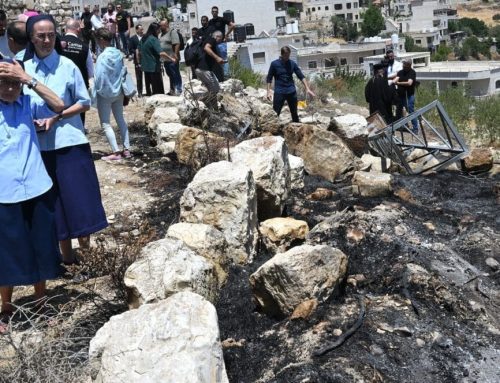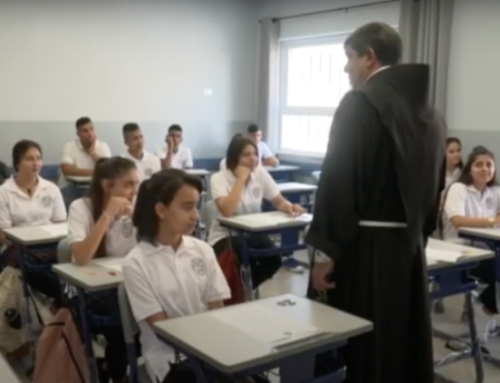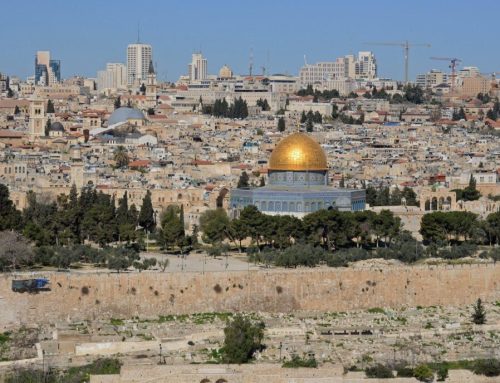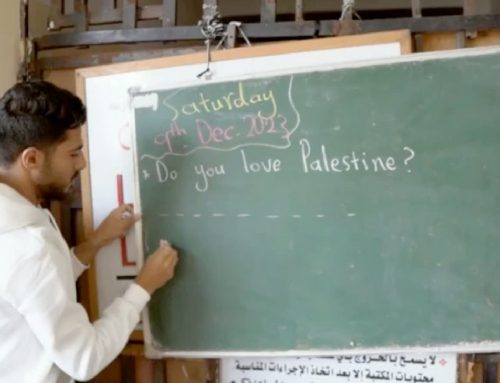“The prospects are promising.”
In an interview with Vatican Media, Cardinal Pierbattista Pizzaballa, the Latin Patriarch of Jerusalem, expressed this perspective when commenting on the outcome of the ceasefire talks in Doha, Qatar.
While the violence continues on various fronts, it is expected that negotiations will resume in Cairo, in a few days.
Your Eminence, there is a veiled optimism from Doha, where negotiations promoted by the US, Egypt, and Qatar are taking place, focusing on a truce in Gaza and the release of Israeli hostages held in Gaza. Do you believe that, this time, the goal can be achieved?
Yes, I believe that, at this moment, there are the best conditions to reach an agreement. Naturally, there will always be those may oppose it, as obstacles are not lacking, but I believe that the conditions have matured to finally conclude this phase of the war, and, consequently, also to distance an escalation, a widening of the conflict with the direct intervention of Iran and the extension of the war also to Lebanon.
I repeat, there are many difficulties, but I believe that there is a massive effort, not only from the mediators, but also from the United States, to close this situation. The prospects are promising.
And consequently, one hopes the threat of an Iranian intervention against Israel will be averted…
Yes. We must not delude ourselves. The conflict is not over yet. We see that very clearly in Gaza with the continuous bombings, with the tragedy that is before everyone’s eyes and that is always leaving us speechless.
In fact, the bombings in Gaza continue incessantly. Meanwhile, according to Hamas, on August 15th, the tragic milestone of 40,000 Palestinians having been killed in Gaza, since the October 7th attack, was surpassed. How is the Christian community in Gaza experiencing this situation?
Our small community, which is located north of Gaza, in Gaza City, tries to live in this situation in the best and most calm conditions possible, even though it is difficult. We are active in trying to help the population with aid that we manage to obtain not only from the Knights of Malta, but also from many other associations; the last ones were from the Mennonite Church, which sent more than a thousand packages. It is very beautiful to see how, within this very serious and tragic situation, there is also so much solidarity.
While media attention is all on Gaza and the border with Lebanon, the situation in the West Bank is becoming more serious and alarming every day. What is reaching you from these areas?
What you say is very true. There is much talk about Gaza, rightly so, but there is also a very serious situation in the Territories, in the West Bank. Just a few days ago, there was a pogrom by quite a few settlers against a Palestinian village, resulting in one death and numerous damages.
It is just the latest episode in a series of events that have characterized these months with continuous and ever-increasing tension throughout the West Bank; tensions, continuous clashes between settlers and Palestinians, even with the presence of Israeli armed forces… In short, there are continuous tensions making the life of the Palestinian population more and more complicated and difficult.
The risk of explosion is there, which is why we must work hard, first of all for a ceasefire in Gaza and then also to restore order, security, and ordinary life as much as possible—as much as one can, speak of ordinary life—throughout the West Bank.
Bottom line, we must turn the page. It is not simple. What we see in the West Bank—what I always say—is a palpable, concrete example of how hatred, rancor, contempt have led to increasingly extreme and difficult-to-contain forms of violence. Therefore, we must work a lot, not only at the political level but also at the religious level, because the backdrop of this violence is also religious, to ensure that these agitators, these extremists, are set aside, isolated, and do not have all the strength they have now.
By Roberto Cetera | VaticanNews

